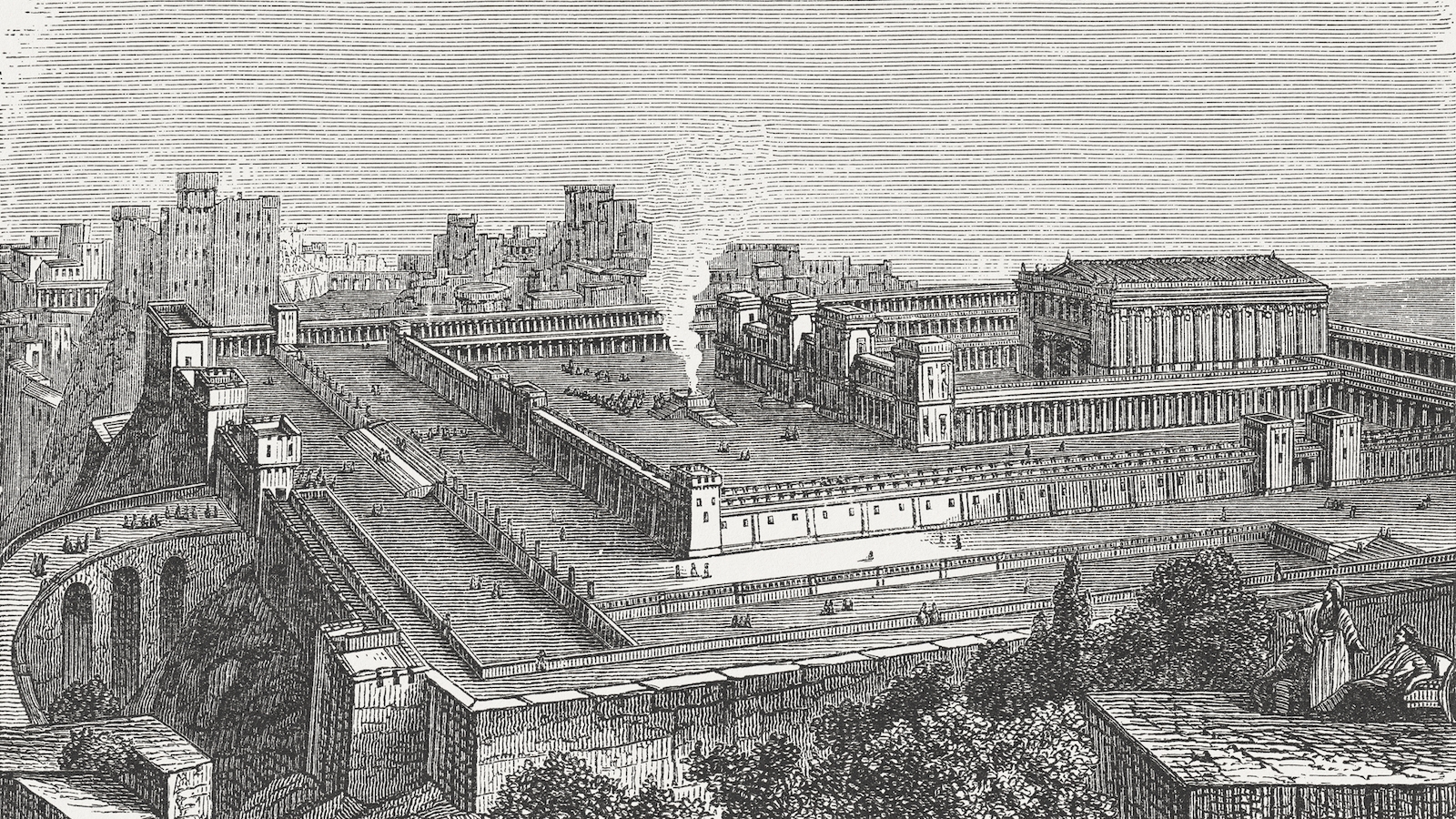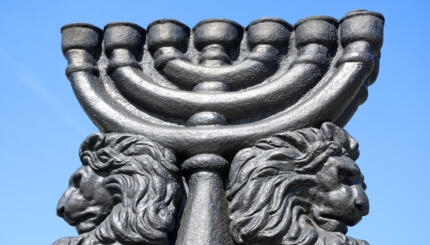Commentary on Parashat Terumah, Exodus 25:1-27:19; Numbers 28:9-15; Exodus 30:11-16
Kings I 5:26-6:13
Part of this Haftarah (Kings 1 8:2-21) is also read on the second day of Sukkot.
In the Haftarah for Miketz a few weeks ago, Solomon was granted wisdom. The Bible takes great pains to repeatedly point out this event and does so at the introduction of every episode in which Solomon’s wisdom plays a relevant role.. This week’s Haftarah opens with a reminder: “The Lord had given Solomon wisdom, as He had promised him” (Kings I 5:26).
The narrative goes on to tell of the peace treaty between Israel and King Hiram of Tyre, who was to become one of Solomon’s greatest allies. Together, they would establish one of the most wide-ranging trade routes in the world at the time.
The story continues by outlining Solomon’s plan to construct the Temple. In Parashat Terumah, the Torah outlines the plans and layout for the Mishkan, the Tabernacle in which the Ark was carried through the desert. Similarly, the haftarah for Terumah details, step by step, how many people were used in each job for the Temple’s construction. “Solomon employed 70,000 who carried the loads and 80,000 quarry workers in the hill country” (5:29) it reports, and proceeds to tell how the builders “shaped and made ready the timber and stones for the building of the Temple” (5:32).
With your help, My Jewish Learning can provide endless opportunities for learning, connection and discovery.
The exact dimensions of the Temple, its windows, lattice, the winding staircase that led to the second and third stories, and even the dimensions of the porch are given. The text also gives details of the instruments utilized in the Temple’s construction: “no hammer or ax or any other iron tool” (6:7) was allowed to be used.
When the Temple was completed, Solomon received a prophecy from God: “If you obey My statutes and carry out My rules of justice and take care to keep all My commandments, I will fulfill My promise, the one I made to your father David, and I will dwell among the people of Israel, and never forsake My people Israel” (6:12-13).
Torah
Pronunced: TORE-uh, Origin: Hebrew, the Five Books of Moses.
Haftarah
Pronounced: hahf-TOErah or hahf-TOE-ruh, Origin: Hebrew, a selection from one of the biblical books of the Prophets that is read in synagogue immediately following the Torah reading.



